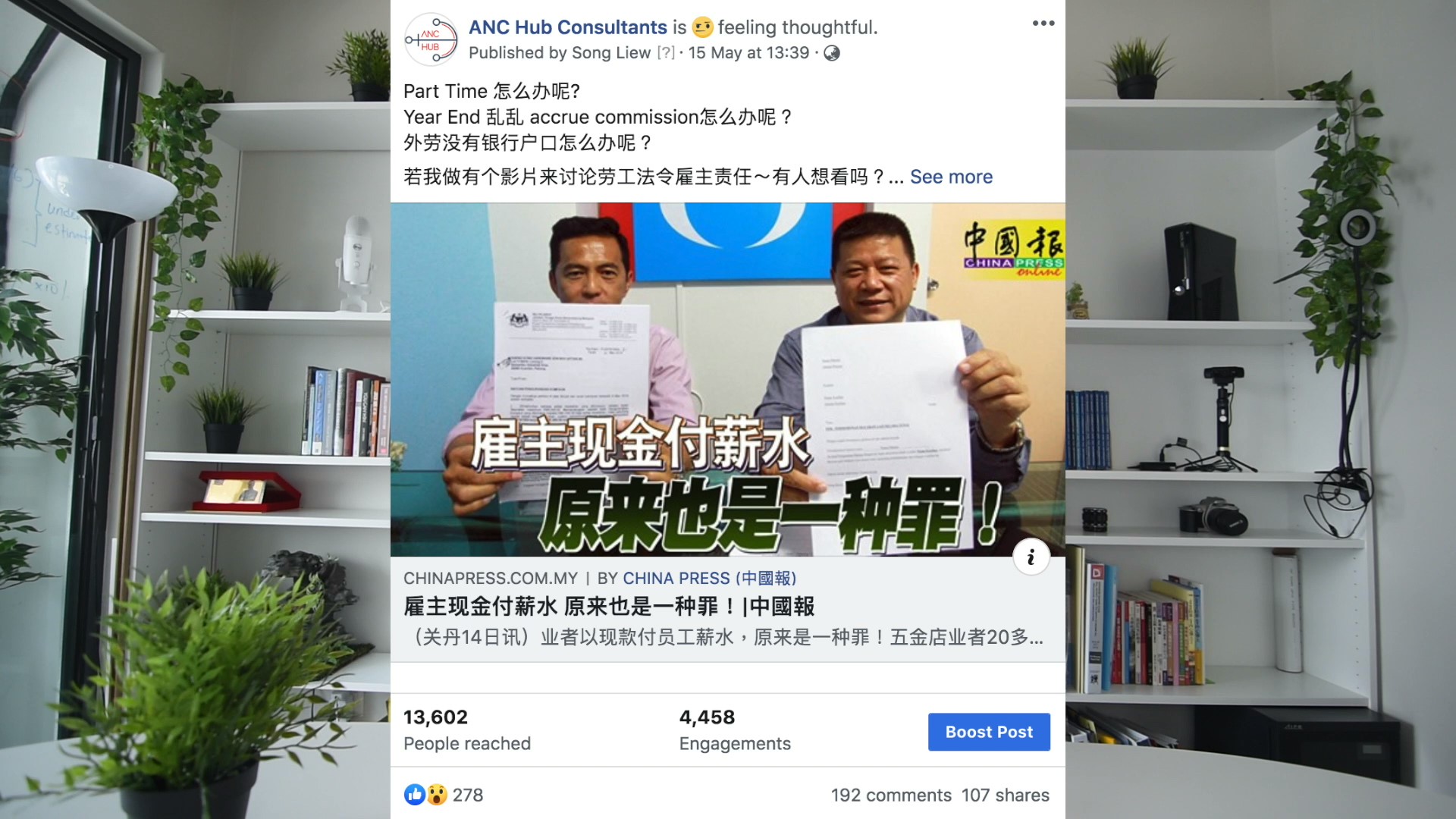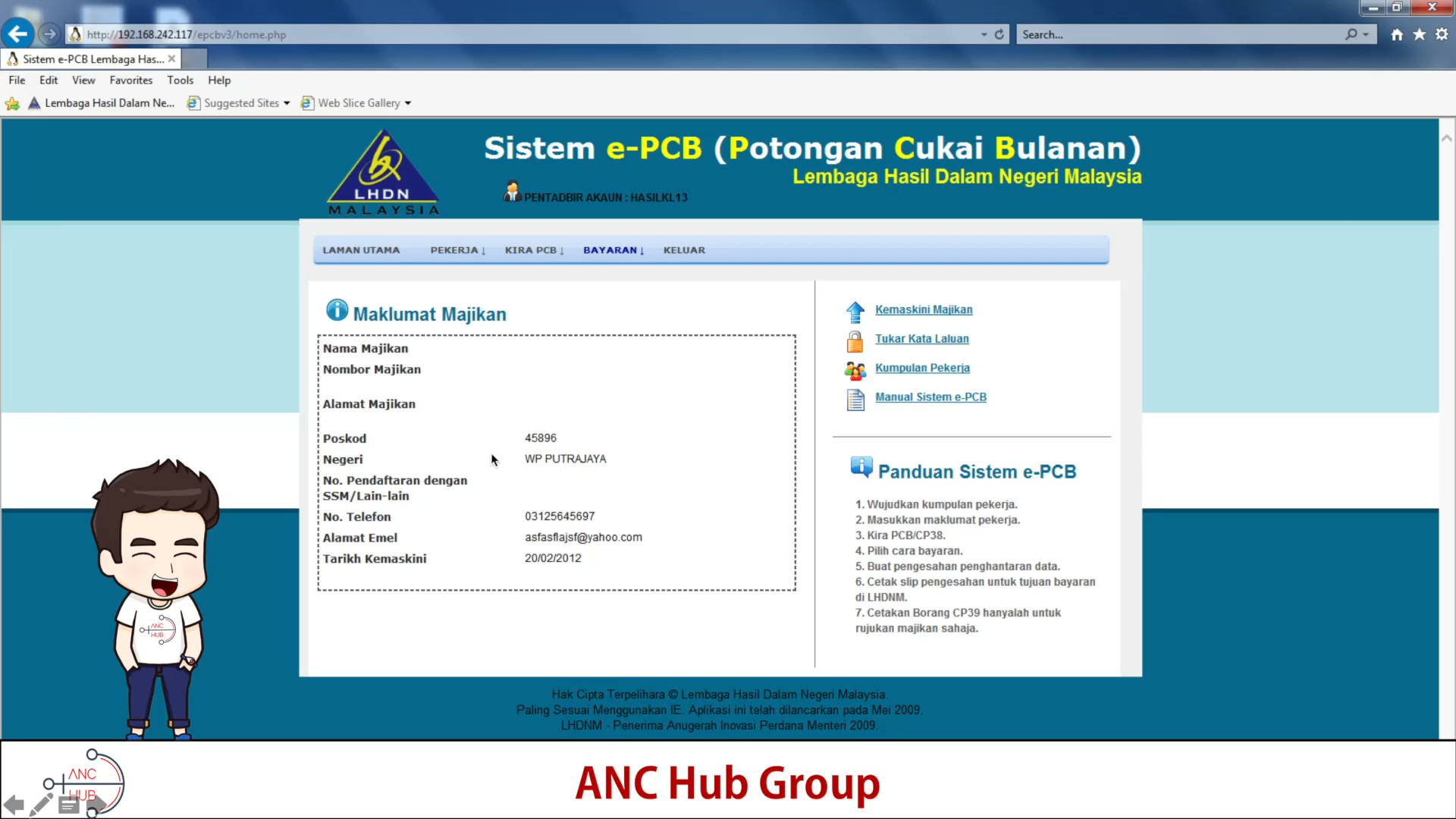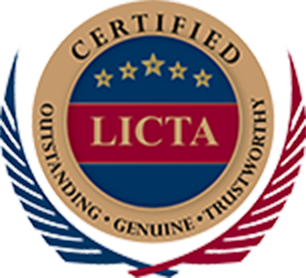开电子发票: 12个最常见问题

-
电子发票是否一定要在交易日当天开?还是能在交易日过后补开?
并无强制要求交易当天开具电子发票,除非以下情况:
-
- 对于合并电子发票
供应商需在月末后的七天内开合并电子发票。
- 对于合并电子发票
-
- 对于进口货物的自开电子发票
马来西亚买家需在收到清关当月的次月月底前开具自开电子发票。
- 对于进口货物的自开电子发票
-
- 对于进口服务的自开电子发票
马来西亚买家需在以下两者中较早的情况发生后的次月月底前开具自开电子发票:
- 对于进口服务的自开电子发票
-
-
- 马来西亚买家付款的日期;
- 收到外国供应商发票的日期。
上述(1)和(2)的确定需根据适用于进口应税服务的现行规则执行。
-
-
- 对于外汇收入的电子发票
供应商(即收入接收人)需在收到外汇收入的当月后的次月月底前开具电子发票。
- 对于外汇收入的电子发票
*如有任何特定法律适用,请根据相关法律规定执行。
-
买家未要求电子发票的情况下,企业是否可以为所有类型的交易开合并电子发票?
是的,供应商可以为买家未要求电子发票的交易开具合并电子发票,无论是企业对企业(B2B)、企业对消费者(B2C)还是企业对政府(B2G)的交易。但需注意,不包括《电子发票专项指南》第3.7节中列出的交易或活动。
-
Myinvois Portal 是否允许在最终确定和发出之前创建并存储草稿形式的电子发票?
是的,供应商可以创建草稿或形式发票。电子发票只有在验证成功后才会被接受。
-
如果没有遵循电子发票准则会有什么影响吗?
未能开出电子发票是根据1967年《所得税法》第120(1)(d)条文的违法行为,将会导致罚款不低于RM200且不超过RM20,000,或监禁不超过6个月,或两者兼施,每次违规均适用。
-
Myinvois Portal 是否允许在电子发票经马来西亚税务局(IRBM)验证后编辑信息?
不允许,供应商需要在验证后72小时内取消电子发票并重新开新的电子发票。
验证后72小时内的任何更改,都要求供应商开新的电子发票(例如,借记单、信用单、退款单电子发票)以调整原先发出的电子发票。此后,需要根据情况重新开具新的电子发票。
-
供应商是否有调整窗口可以取消已提交马来西亚税务局(IRBM)的发票?
是的,供应商可以在72小时内取消电子发票。有关详情,清参阅电子发票指南的第2.3.6节或第2.4.5.
-
如果开票人在开具电子发票/自开票电子发票时不小心犯了错误,或提供了不准确的信息,并且在电子发票/自开票电子发票验证后的72小时内发现此错误,开票人应如何纠正?
如果开票人在验证后的72小时内发现错误,可以取消已由马来西亚税务局(IRBM)验证的电子发票,并随后重新开具新的电子发票。
-
如果开票人不想取消电子发票,而决定开具信用单/借记单/退款单电子发票进行调整,是否允许?
是的,即使在72小时时间框架尚未到期的情况下,开票人也可以开具信用单/借记单/退款单电子发票,以反映对原始电子发票的必要调整。
请注意,在开具信用单/借记单/退款单电子发票时,必须在“原始电子发票参考号码”字段中包含受影响的原始电子发票的唯一标识号码。
-
如果开票人直到下周才发现错误,应该如何纠正?
如果在72小时的时间框架之后才发现错误和/或需要对已开具的电子发票进行任何修改,开票人必须通过开具信用单/借记单/退款单电子发票来反映这些修改/调整。
请注意,在开具信用单/借记单/退款单电子发票时,必须在“原始电子发票参考号码”字段中包含受影响的原始电子发票的唯一标识号码。
-
在72小时验证期之后,开电子发票调整(即借记单、信用单和退款单)的时间限制是多长?
对于供应商开具电子发票调整没有时间限制。纳税人可以根据各自公司的政策进行任何电子发票调整。由于外国供应商和/或买家通常不使用MyInvois系统,因此任何电子发票调整将通过开具借记单、信用单和退款单电子发票来完成。
-
纳税人是否可以开一张信用单(Credit Note)电子发票来调整原始电子发票?
是的,纳税人可以通过开一张单一的信用单/借记单/退款单电子发票来调整多个原始电子发票,具体情况视情况而定。请注意,调整也可以应用于合并的电子发票。
在同一张信用单/借记单/退款单电子发票中调整多个原始电子发票时,必须在“原始电子发票参考号码”数据字段中标明每张原始电子发票的IRBM唯一标识号码。通过API传输的纳税人,请注意参考SDK以输入适当的代码。
如果调整是针对在实施电子发票之前已开的原始发票(即未分配IRBM唯一标识号码的发票),则纳税人可以在“原始电子发票参考号码”数据字段中输入“NA”。
-
退款给买家是否需要开电子发票?
是的,退还款项给买家时需要开具退款单电子发票,以下情况除外:
-
- 买家错误支付
- 买家多付
- 退还保证金
-
如果更加了解电子发票的机制与落实方案?
你可以通过参考大马税务局(IRBM)发布的官方指南,进一步了解电子发票的机制和流程
-
- 下载 电子发票最新指南 (4.0)(发布于2024年10月4日)
- 下载 电子发票专属指南 (3.1) (发布于2024年10月4日)
- 参考 电子发票扩展指南 (更新于2024年9月11日)
你也可以考虑参与《电子发票战略课程》来获得详细与最新的资讯。
欲了解更多有关电子发票与课程详情,请点击此网址: ANCGroup_E-Invoice Courses Contact.
ANC Group – Your Personal Tax Advisor
Tax consulting is the core service of ANC Group. Our tax professionals provide clients with comprehensive tax support and guidance. We offer tax consulting and compliance services for expatriates, entrepreneurs, and listed and non-listed companies.
Our tax consulting services include business tax, transaction tax, personal tax, and corporate income tax. We don’t just guide you in interpreting and applying complicated taxation rules, but to explore new opportunities and business trends.
ANC Group keep you abreast with Malaysia tax updates and any changes in the local regulations.
We work closely with industry specialists, authorities, and associated professionals within ANC Group to provide the best-in-class integrated tax planning solutions. ANC specialists coordinate the accounting and taxation services to bring your business to success.
[vc_btn title=”Get a Quote” color=”orange” size=”lg” link=”url:%23Footer|title:Footer||” el_id=”buttonGetQuoteTaxService”]









